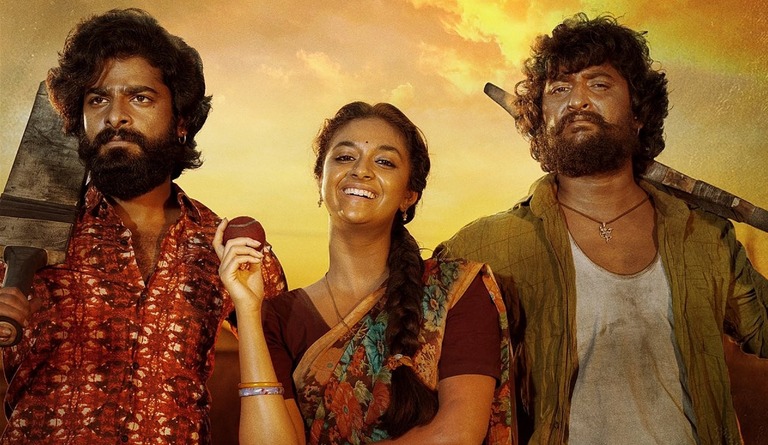South Indian Cinema vs Bollywood: A Clash of Styles and Cultures!
The Indian film industry is one of the most prolific and diverse in the world. Its massive output of films in various languages and genres has attracted a global audience and earned it a well-deserved reputation as a cultural powerhouse. However, while Bollywood has become a household name and the face of Indian cinema, it’s important to recognize the equally impressive South Indian cinema that encompasses several regional industries, including Telugu, Tamil, Malayalam, and Kannada cinema, among others.
Related: Best South Indian Movies on Netflix You Shouldn’t Miss!
South Indian cinema’s rich history and unique characteristics set it apart from Bollywood and make it an area well worth exploring. One of the defining features is its authenticity and regional flavor. Unlike Bollywood, which often caters to a pan-Indian audience, South Indian cinema embraces its regional identity, offering a refreshing break with unique stories and perspectives that reflect the culture, traditions, and languages of the region. This commitment to quality filmmaking and innovative storytelling has earned South Indian cinema a loyal following, proving that it’s not all about Rajinikanth and people in lungis.

Another factor that sets South Indian films apart is their willingness to experiment with storytelling techniques. From non-linear narratives to metafictional elements, South Indian cinema is never afraid to push boundaries and challenge the status quo to create something truly innovative. This has resulted in some of the most ground-breaking and critically acclaimed films in Indian cinema history. Masterpieces like Iruvar from Mani Ratnam are shining examples of this creative fearlessness, earning widespread acclaim both in India and across the globe.
Moreover, the South Indian film industry has invested significantly in technology and visual effects, resulting in technically advanced films that can compete with Hollywood blockbusters. This dedication to innovation and excellence has resulted in some of the most visually stunning films in Indian cinema history. Notable examples include the Rajinikanth-starrer 2.0, which features cutting-edge VFX and set a new standard for Indian sci-fi films, and RRR (2022), directed by S. S. Rajamouli, a period action-drama that blends spectacular visuals with historical authenticity.

Another unique feature of South Indian cinema is its diverse range of genres and storytelling styles. While Bollywood often caters to a mainstream audience with formulaic romantic dramas and masala entertainers, South Indian cinema offers a wider range of genres, including thrillers, action films, historical epics, and socially relevant dramas. This diversity has attracted a wider audience and earned the industry a reputation for pushing boundaries and challenging stereotypes.
Furthermore, the South Indian film industry has a strong independent streak, with many filmmakers and actors forging their own paths and creating their own unique brand of cinema. This has led to a vibrant ecosystem of regional cinema that supports experimentation and innovation. It has also created opportunities for new talent to emerge and showcase their skills, contributing to the industry’s continued growth and evolution.

In conclusion, the South Indian film industry’s uniqueness lies in its authenticity, innovative storytelling, technological advancements, diverse range of genres and styles, and regional identity. These factors have contributed significantly to its success, making it a vital and exciting force in Indian cinema. With its unrelenting dedication to quality filmmaking and commitment to pushing boundaries, the South Indian film industry is poised to continue its ascent and cement its position as a formidable force in the world of cinema.
Disclaimer: The writing in this article is partly written by the help of AI. But, it is curated, edited and published by a real person.
Related: Upcoming Bollywood Remakes of South Indian Movies
- Best Horror Movies on Netflix You Shouldn’t Miss! - May 24, 2025
- Best Horror Movies on Amazon Prime Right Now - May 24, 2025
- Best Action Movies on Amazon Prime Right Now - April 23, 2025




